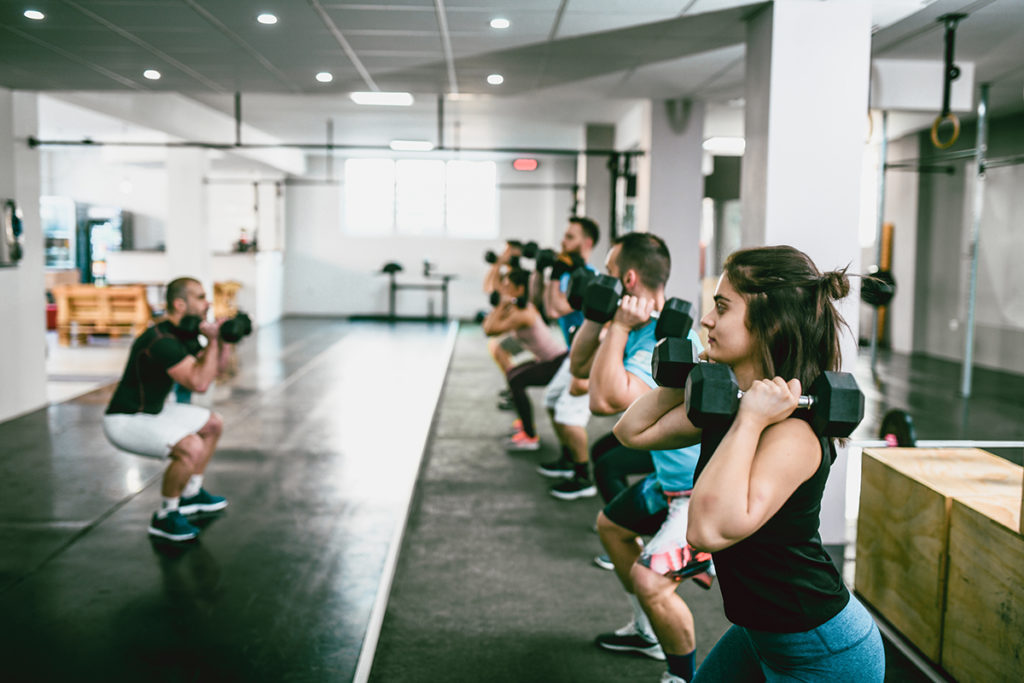
As a fitness professional—whether you’re a personal trainer, studio owner, or online coach – you’re not just shaping bodies; you’re managing legal responsibility. One minor accident or paperwork oversight can lead to lawsuits, financial loss, or reputational damage. Let’s walk through the most critical legal areas – from liability and contracts to insurance and data protection – and explain how to stay protected and compliant.
Liability & Duty of Care
In the fitness world, liability refers to your legal obligation to keep clients safe. Even small missteps – such as improper form guidance or malfunctioning equipment – can result in serious injury and legal action. Gym owners must maintain equipment, conduct inspections, enforce safety protocols, and train staff appropriately to decrease the risk of accidents, such as slips or equipment misuse.
Besides physical hazards, professionals must recognize inherent risks in exercise. Implementing pre-participation screenings, transparency about risk, and proper waivers or assumption-of-risk agreements helps manage liability. These legal tools don’t guarantee immunity but serve as important shields against negligence claims. Liability Insurance: Essential, Not Optional
Insurance is your financial safeguard if a client sues. In the fitness industry, both general liability and professional (errors-and-omissions) insurance are critical. General liability covers premises-related incidents like slip-and-fall, while professional liability covers claims of negligence in instruction or advice.
Fitness professionals working as independent contractors must ensure they’re adequately covered, even if training within a gym. In many cases, the gym’s policy may not extend to contractors, so requesting to be added as an “additional insured” or securing your own insurance is essential.
Contracts, Waivers & Documentation: Your Legal Foundation
Proper, tailored contracts and waivers are your first line of defense. A well-crafted contract outlines services, session expectations, cancellation and refund policies, and clearly describes risks. Liability waivers – especially when paired with informed consent – can strengthen your legal position if a client is injured. That said, in cases of gross negligence, waivers may not hold up in court.
Equally critical: detailed documentation. Keep records of client screening, training modifications, injuries, advice given, progress, and even missed sessions. These serve as your timeline of professional conduct and can protect you in disputes.
Certifications & Scope of Practice
Though some states (like D.C.) require trainers to register, most don’t. However, operating without certified credentials (from established bodies like NASM, ACE, ACSM) can raise liability risks and undercut credibility if legal issues arise. It’s also critical to recognize limits of practice – offering nutrition counseling, for example, without proper licensure can expose you to legal risk.
Data Privacy & Digital Compliance
With online coaching and digital programming becoming more common, fitness professionals often handle sensitive information – health history, personal data, billing info. Depending on your location, you may need to comply with data protection laws like HIPAA (U.S.) or GDPR (Europe). Implement secure storage systems, privacy policies, and obtain explicit client consent for data use.
Wrapping It Up
Being legally savvy isn’t just smart—it’s essential. Here’s your quick reference checklist:
- Conduct thorough health screenings; invest in tailored liability waivers
- Secure both general and professional liability insurance
- Use clear, detailed contracts and maintain documentation
- Obtain and maintain reputable certifications; stay within scope of practice
- If delivering digital services, understand and comply with privacy laws
When in doubt, consult a legal professional who specializes in fitness or small business matters—and stay proactive. You’re building more than muscle; you’re building a resilient, trustworthy, and protected professional brand.
References
-
- “Top Legal and Insurance Considerations for Fitness Professionals.” CoachMe Fitness. https://coachmefitness.app/blogs/top-legal-and-insurance-considerations-for-fitness-professionals Exercise.comLegal Reader+1American Profession GuideCoach Me Fitness
-
- “Managing Legal Issues in the Health and Fitness Industry.” Pastore Perspectives. November 3 2023. https://www.pastore.net/navigating-legal-challenges-in-the-health-and-fitness-industry/ Pastore Law
-
- Personal Trainer. Wikipedia. Last edited recently. https://en.wikipedia.org/wiki/Personal_trainer Wikipedia
-
- “Legal Issues for Gym Owners: A Guide to Protecting Your Business.” AntonLegal. March 8 2023. https://www.antonlegal.com/blog/legal-issues-for-gym-owners-a-guide-to-protecting-your-business/ AntonLegal
-
- “Legal and Ethical Issues for Personal Trainers.” LegalReader. https://www.legalreader.com/legal-and-ethical-issues-for-personal-trainers/ Legal Reader
-
- “Gym Lawsuits: How to Protect a Gym from Gym Legal Issues.” Exercise.com. https://www.exercise.com/grow/gym-lawsuits/ Exercise.com
-
- “All Fitness Facilities Need Professional Liability Protection.” Sports Fitness Insurance Corporation. February 14 2018. https://sportsfitness.com/blog/all-fitness-facilities-need-professional-liability-protection/ Sports Fitness Insurance Corporation
-
- “Legal & Risk Management Concerns for Fitness Professionals.” CPHINS. https://cphins.com/legal-risk-management-concerns-for-fitness-professionals/ CPH Insurance





